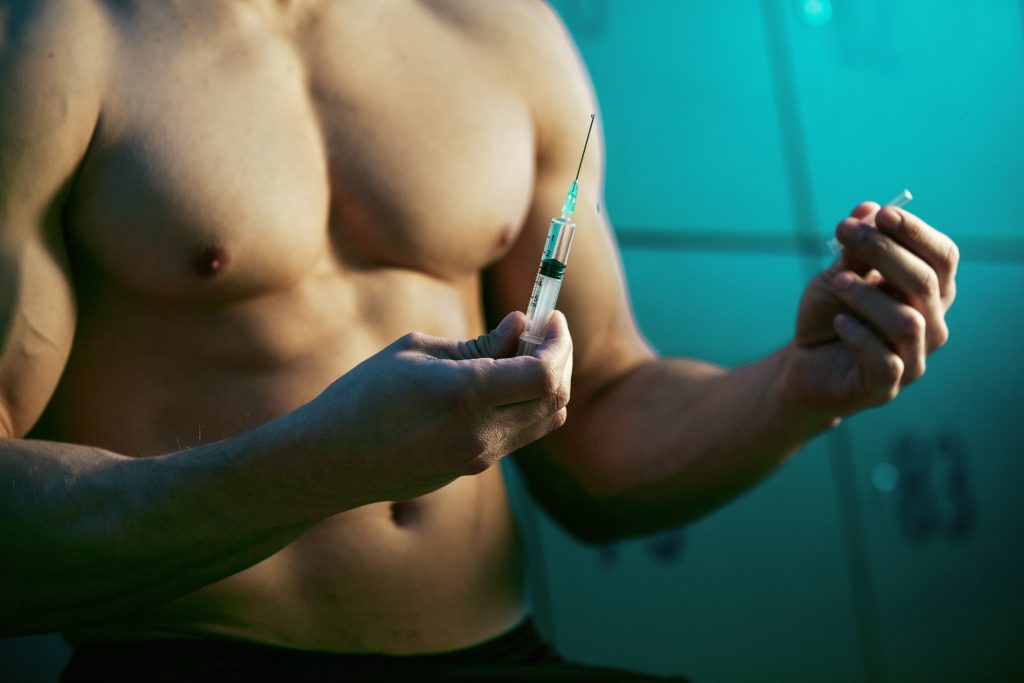Testosterone is not just a buzzword; it’s a vital hormone for men. It shapes male characteristics and overall well-being. As men age, it’s normal for testosterone levels to decline. But what happens when these levels drop drastically and go untreated? The repercussions stretch far beyond what many realize.
1. Libido and Erectile Function with Low Testosterone
One of the earliest and most noticeable consequences of declining testosterone is a decrease in libido – the overall sexual drive or desire for intercourse. Men might also experience weaker erections or reduced frequency. Notably, nighttime erections, which are natural and healthy, decrease. A man usually experiences 2-3 nocturnal erections while sleeping, but this number can dwindle with lowered testosterone or increased stress.
2. Mood and Energy:
Mood swings, fatigue, and reduced energy are signs not to be brushed off. These aren’t just symptoms of a ‘bad day’ but could be indicators of reduced testosterone levels.
3. Metabolism and Weight:
Low testosterone can tamper with metabolism. Despite efforts like rigorous dieting and exercise, some men might find it challenging to shed weight or might even gain some. This can set off a vicious cycle, as weight gain can lead to increased estrogen levels, overshadowing testosterone levels.
4. Blood Flow:
Reduced testosterone affects blood circulation. Consider the implications – the heart, brain, organs, testicles, and penis all require optimal blood flow.
5. Cognitive Health:
Testosterone, among other hormones like estrogen, DHEA, and thyroid, plays a critical role in brain function, memory, and acuity. Low levels can jeopardize cognitive health.
6. Muscle Mass and Bone Density:
Declining testosterone often corresponds with muscle loss. As muscle diminishes, body structure becomes frail, leading to weakened bones, osteoporosis, and osteopenia. This makes individuals prone to fractures and broken bones.
7. Physical Changes:
An often unspoken consequence is the reduction in penis size. As erections become infrequent due to low testosterone, some men might experience a decrease in size.
8. Concern for Younger Men:
Traditionally, low testosterone was a concern for older men. Alarmingly, younger men, even in their 30s or below, are now presenting with it. While immediate consequences might not manifest, it does accelerate age-related issues in the long run.

Taking Charge:
Realizing the vast implications of untreated low testosterone underscores its importance. It’s not just about virility but about overall health. Bioidentical hormone replacement therapy, when done right, can safely and effectively counter these issues. The key is to find the right medical expertise and conduct regular monitoring.
For young men experiencing these symptoms, understanding the root cause becomes paramount. Early detection and appropriate intervention can significantly shape their health trajectory.
At the Phoenix Men’s Health Center, we prioritize understanding and addressing these concerns tailored to individual needs. It’s about time we shed the stigma and recognize the vital role testosterone plays in men’s health. If you suspect you might have declining testosterone, get tested, and take the reins of your health back into your hands.
**This content is for informational purposes only and is not intended as medical advice. Please consult with a healthcare professional before starting any treatment. Individual results may vary based on health conditions and other factors.

